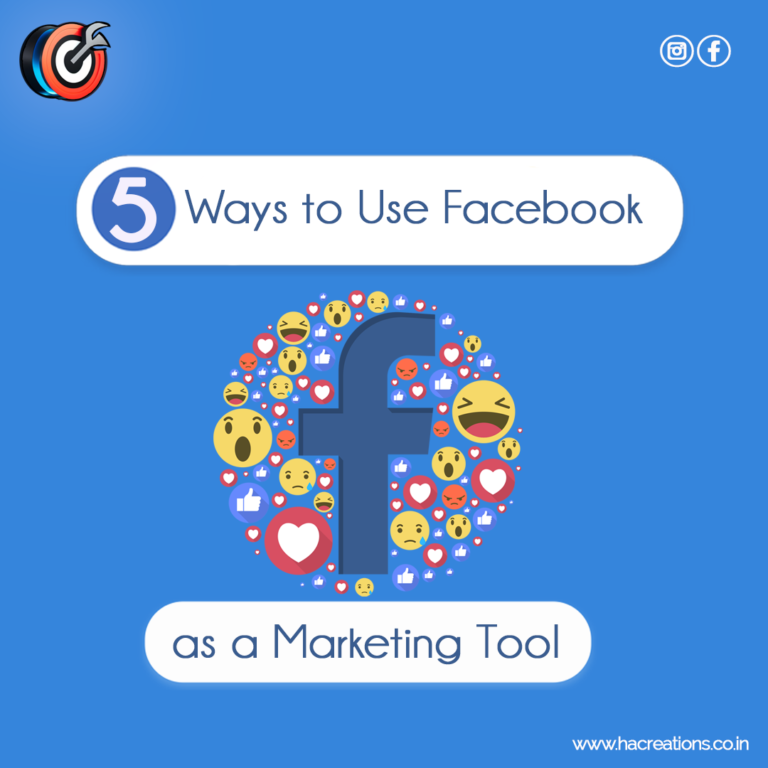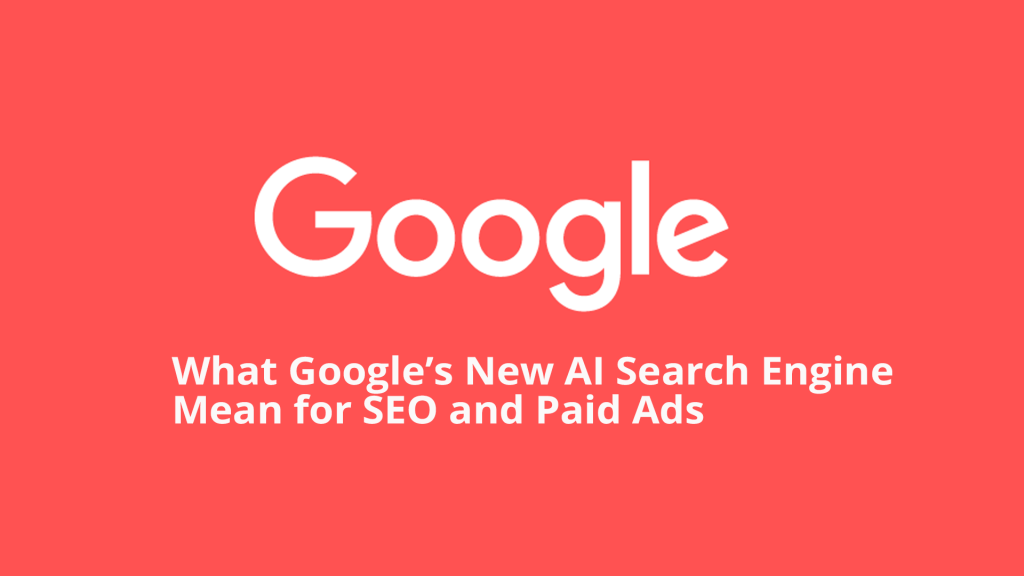
Since Google announced that they would be introducing an AI-powered update to their search engine,a few weeks have passed.
Maintaining a competitive advantage in the always changing world of search engine optimization (SEO) and paid advertising,requires staying up to date with the most recent developments. Google’s new AI-powered search engine is one such paradigm-shifting innovation. In this post, we examine the effects of this technology on SEO tactics and paid advertising efforts, offering useful information that might help you outrank your rivals.
Understanding Google’s New AI Search Engine
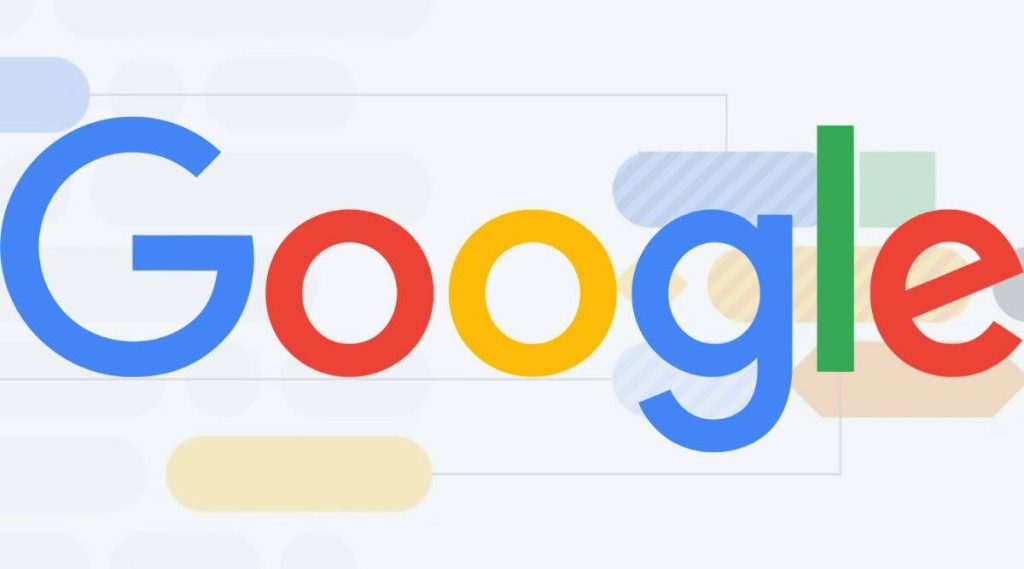
This cutting-edge technology is able to analyse search queries and online material with unmatched precision and context by leveraging the power of artificial intelligence and machine learning. This technology’s overarching objective is to give users more meaningful and pertinent search results, hence boosting their overall search experience.
The Importance of High-Quality Content
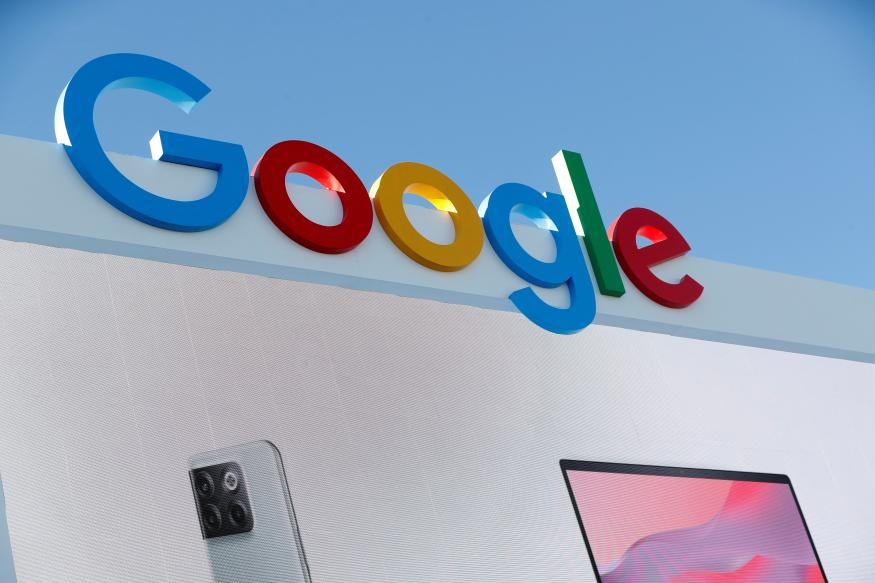
It is vital to emphasise the creation of high-quality content as we work to outrank rivals in the digital sphere. The emphasis on content relevancy and user experience has been even stronger with Google’s new AI search engine.
Semantic SEO and User Intent Optimization
Semantic SEO and user intent optimisation have become increasingly crucial with the introduction of Google’s AI search engine. A more nuanced strategy that takes into account the entire context and meaning underlying search queries is replacing traditional keyword-centric techniques. You may create a more individualised and customised experience and raise your chances of outranking rivals by aligning your content with user intent.
Structured Data and Rich Snippets
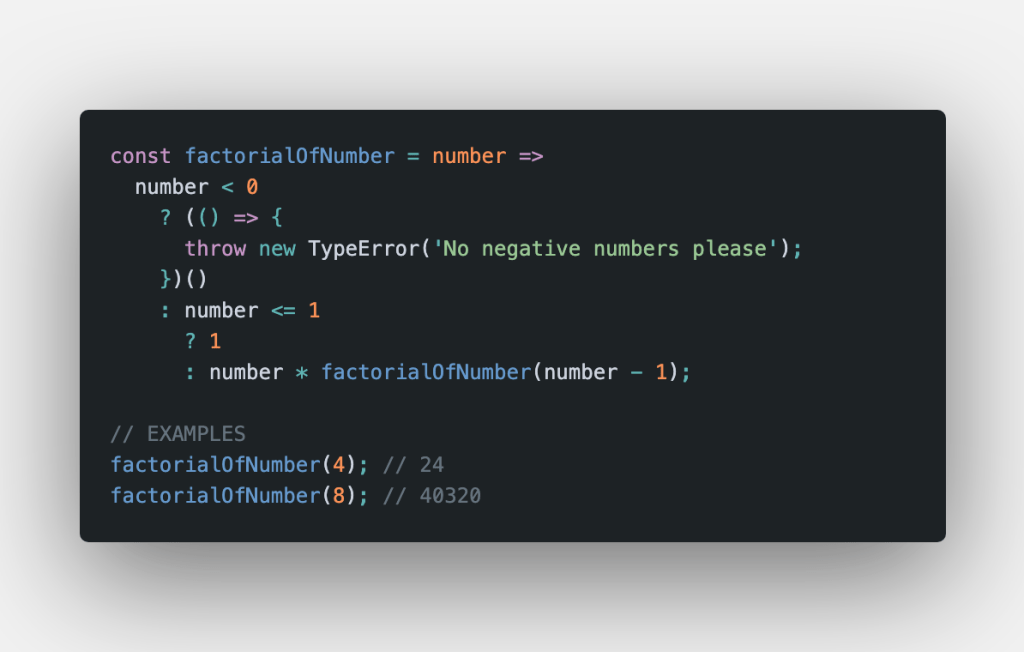
The use of rich snippets and structured data markup will improve website visibility and click-through rates. If you provide search engines with structured data about your content, your web pages are more likely to appear in featured snippets, knowledge panels, and other prominent areas. Implementing schema markup and optimising content for rich snippets can significantly affect your ranking.
Voice Search Optimization
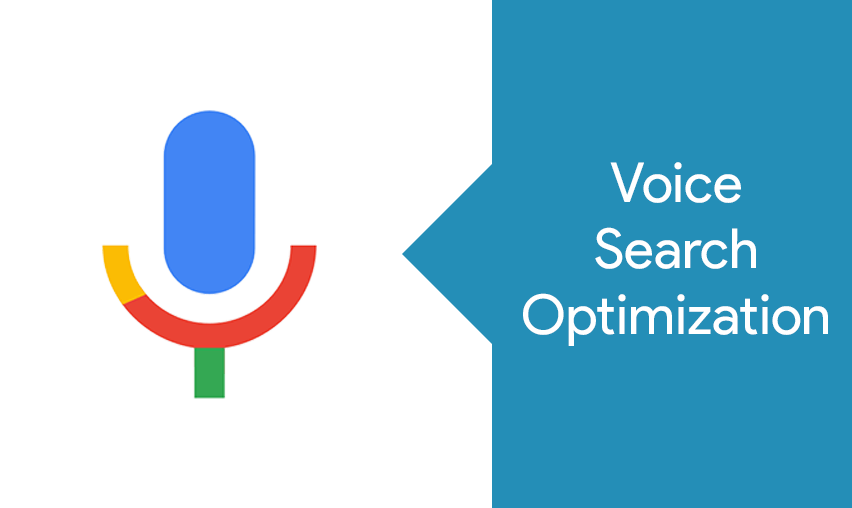
Users now engage with search engines differently as a result of the advent of voice assistants and smart speakers. Making sure your content is voice search optimised is crucial as Google’s new AI search engine catches up with this development. Voice searches are typically longer and more conversational in character. You may raise your chances of appearing in voice search results and getting an advantage over your rivals by incorporating natural language and providing succinct answers.
Mobile-Friendly and Responsive Design

Having a mobile-friendly and responsive website is now very necessary in today’s mobile-centric environment. Delivering seamless user experiences across different devices is very important to Google’s AI search engine. In addition to helping you outrank rivals, making sure your website is mobile-friendly with quick load times, simple navigation, and responsive design will also improve user experience and boost conversion rates.
Local SEO and Google My Business
Optimizing your Google My Business profile and focusing on local SEO are vital for businesses aiming to enhance their visibility in specific geographic areas and outperform competitors. Leveraging location-specific keywords and customer feedback can significantly strengthen your online presence and target market.
Social Media Integration
Search engine results and social media signals are increasingly being integrated. Although Google’s AI search engine does not specifically take social media analytics into account.
How about paid advertisements?
The integration of AI in sponsored adverts is expected to enhance their effectiveness, particularly as users receive more tailored search results, ultimately leading to improved conversion rates despite initial challenges faced by paid results. Given Google’s substantial revenue from advertising, the ongoing adjustments should not raise significant concerns for advertisers.
The reason why marketers use long-tail keywords.




